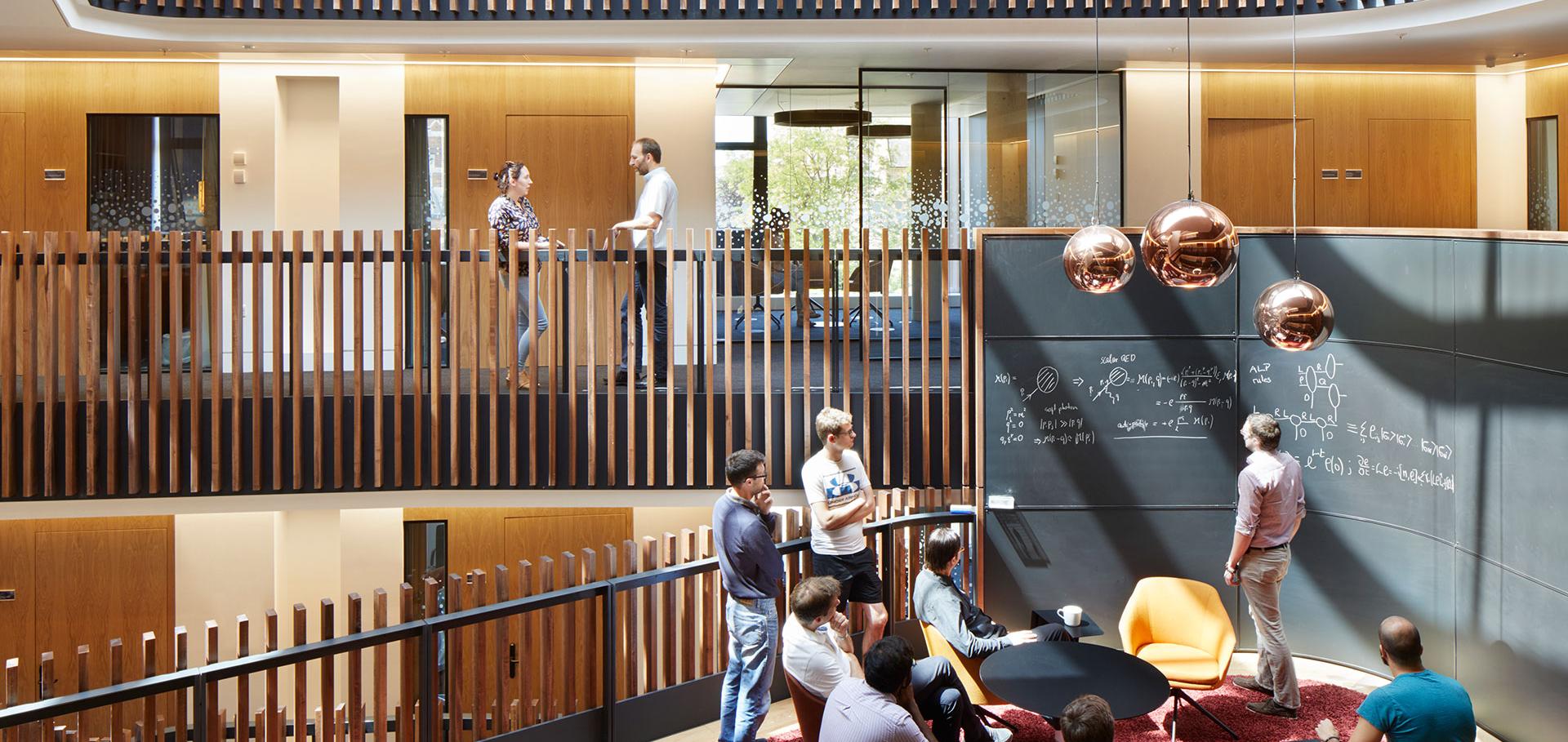Droplets on patterned substrates: Water off a beetle's back
INTERNATIONAL JOURNAL FOR NUMERICAL METHODS IN FLUIDS 50:2 (2006) 255-261
Dynamics of sliding drops on superhydrophobic surfaces
EUROPHYSICS LETTERS 75:1 (2006) 105-111
Permeative flows in cholesterics: Shear and Poiseuille flows
JOURNAL OF CHEMICAL PHYSICS 124:20 (2006) ARTN 204906
Rheology of cholesteric blue phases.
Phys Rev Lett 95:9 (2005) 097801

